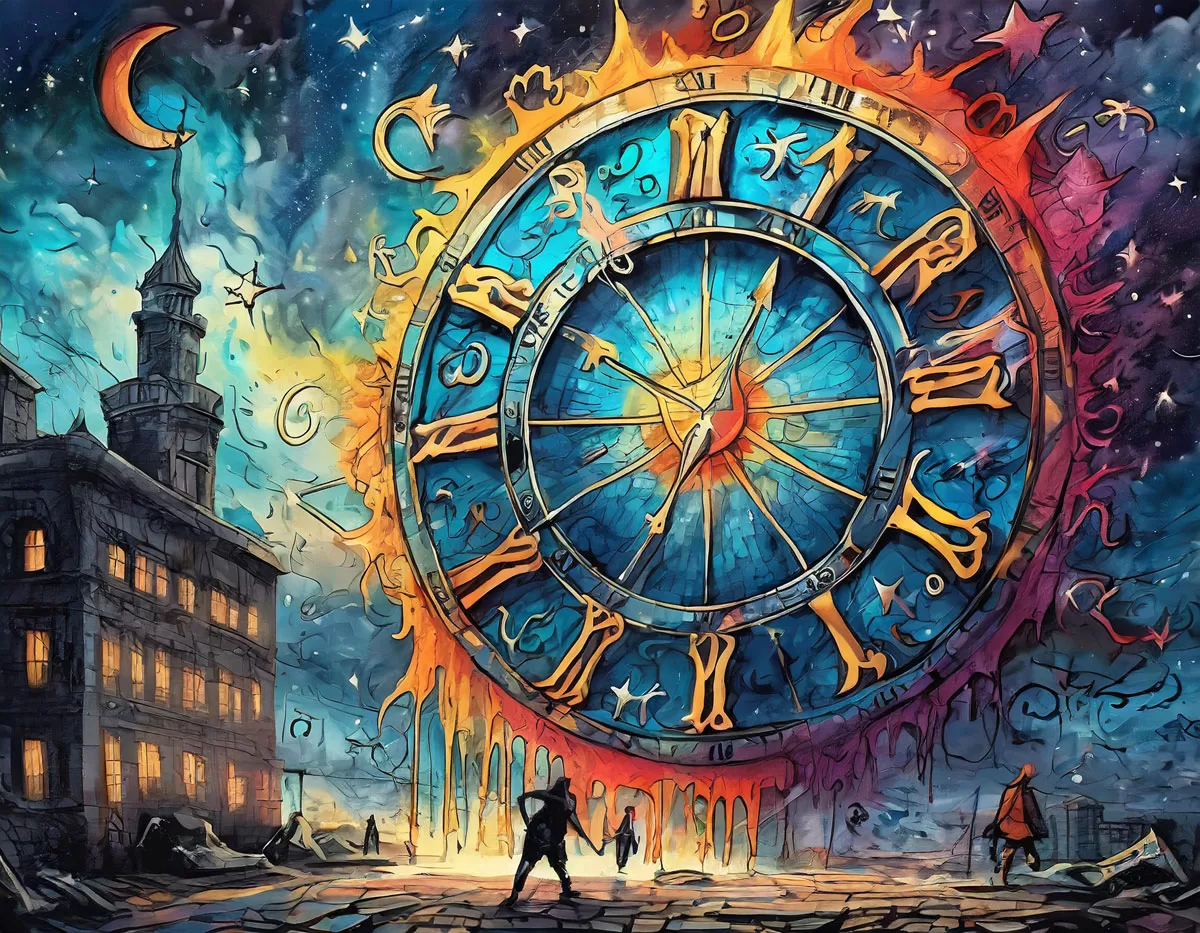
- Sat, 27 July 2024

Autumn typically marks the end of the harvest season and the beginning of winter in the Northern Hemisphere. As plants wither and days shorten, nature itself seems to be in decline, symbolizing the descent into the realm of death. This natural transition made it a fitting time for ancient civilizations to reflect on mortality and pay homage to the deceased.
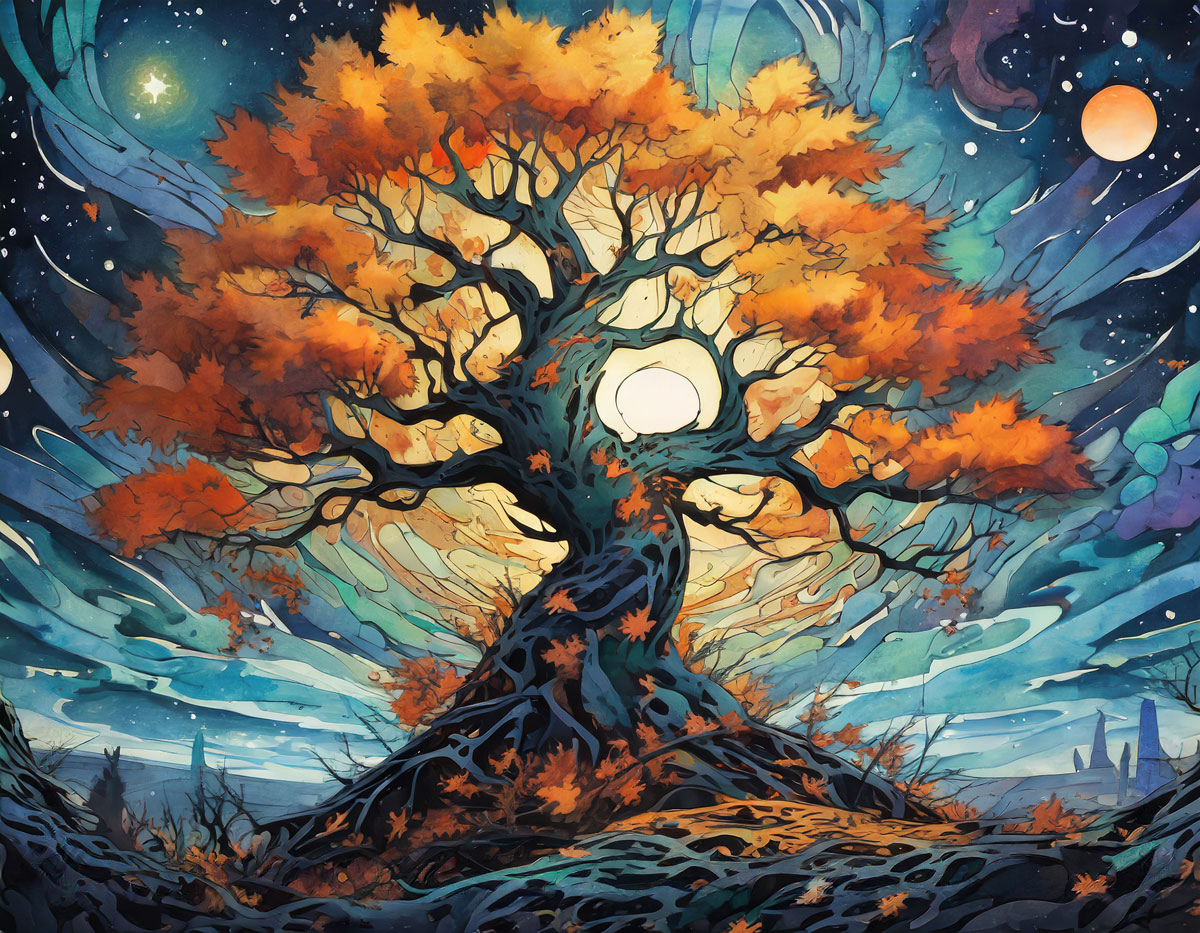
Many ancient cultures believed that the boundary between the living and the spirit world became more permeable during this time. The Celts, for instance, celebrated Samhain, believing that spirits could easily cross over on this night. This belief in a “thinning veil” is not exclusive to the Celts; similar notions can be found in various cultures worldwide.
Winter was a challenging time for ancient civilizations. The cold months ahead meant potential food shortages and increased mortality rates. By honouring the dead in Autumn, communities sought protection and blessings for the challenging period ahead.
The ancient Egyptians had a significant influence on many Mediterranean cultures. They celebrated the Isia festival in late Autumn, commemorating the death and rebirth of Osiris, the god of the afterlife. This festival, with its themes of death and resurrection, may have influenced other cultures’ death-related Autumn traditions.
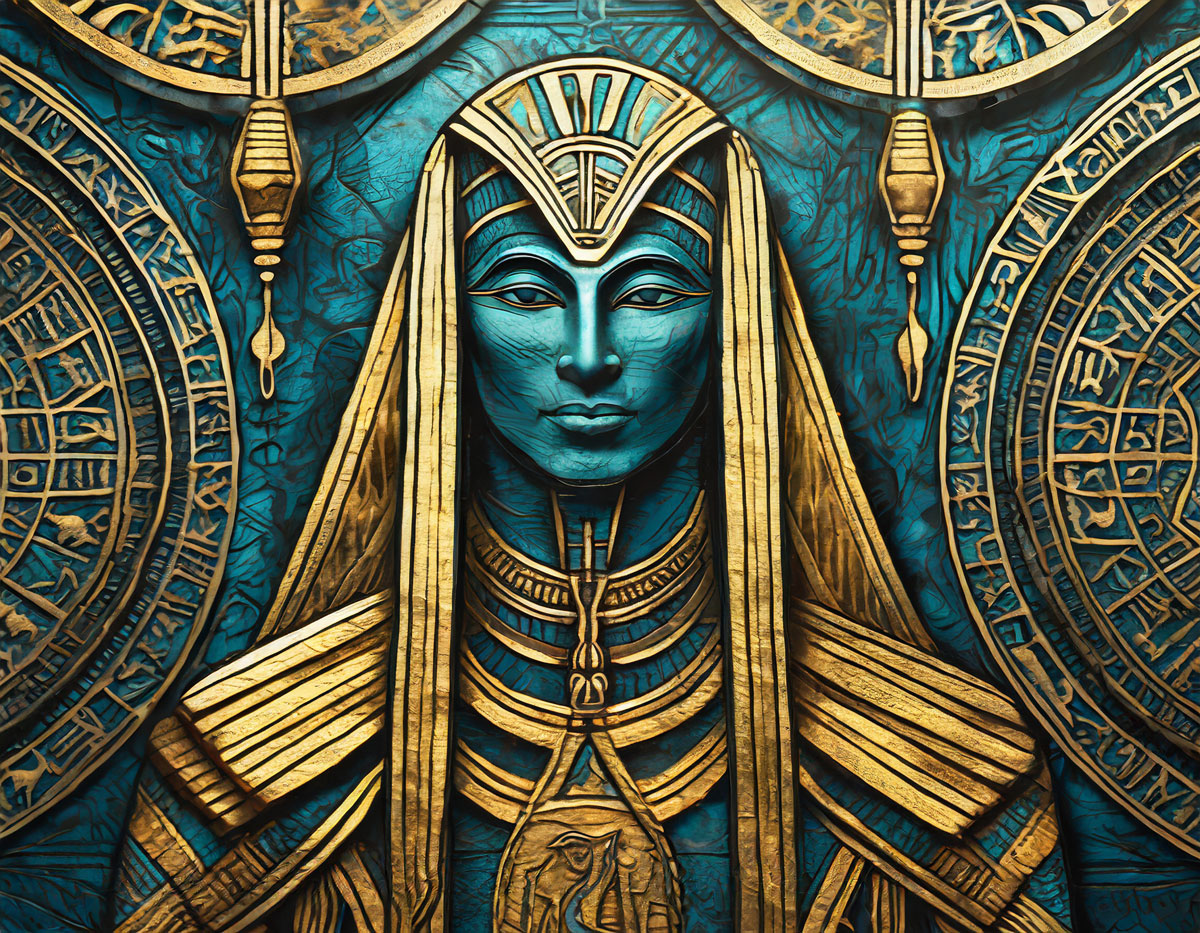
The Romans had multiple festivals honouring the dead, including Lemuria in May and Feralia in late Autumn. Feralia was the culmination of Parentalia, a nine-day festival honouring deceased ancestors. The overlap of Roman and Celtic traditions, especially after the Roman conquest of Celtic lands, likely reinforced Autumn’s association with the dead.
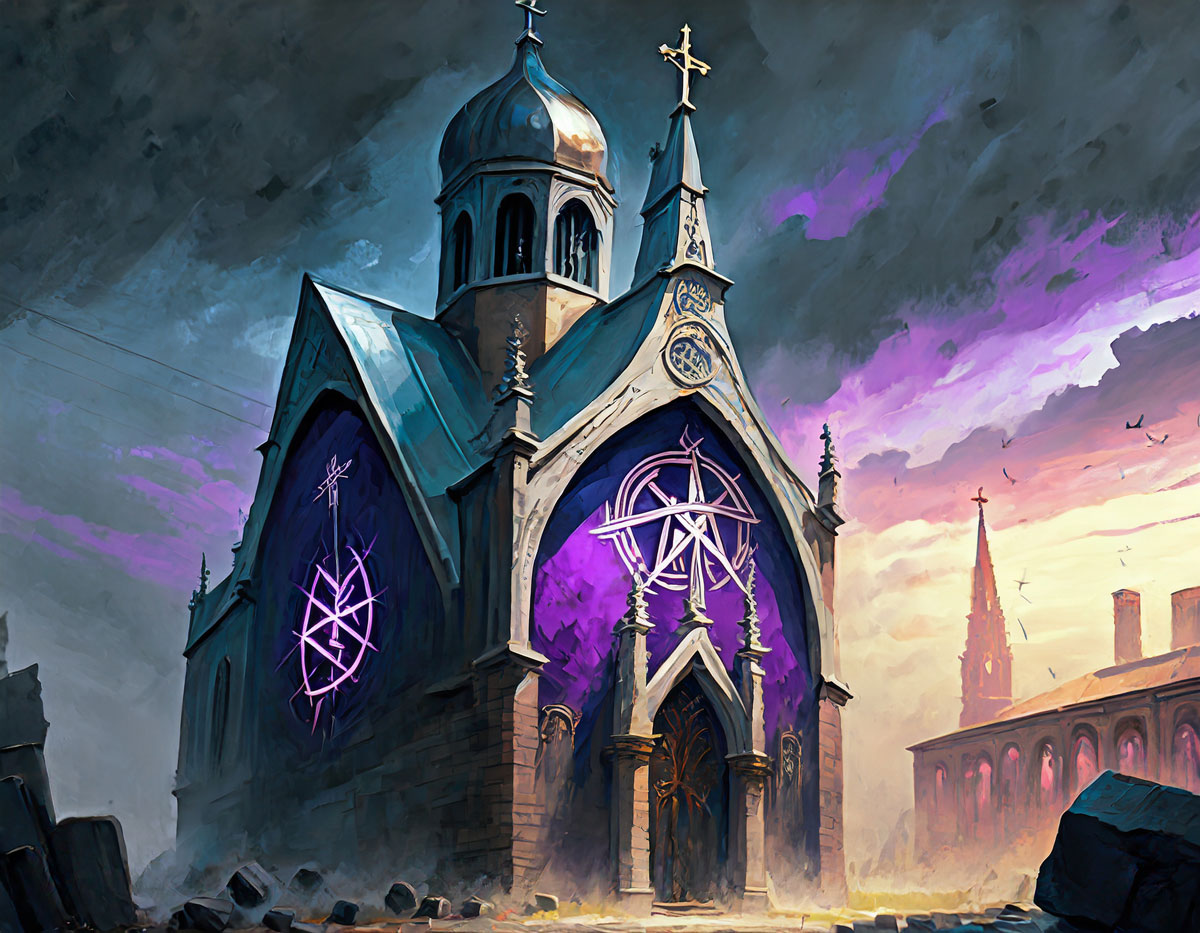
As Christianity spread, it sought to integrate pagan traditions. All Saints’ Day (or All Hallows’ Day) on November 1st and All Souls’ Day on November 2nd were Christian celebrations honouring the dead. The eve of All Saints’ Day, known as All Hallows’ Eve (and later Halloween), retained many pagan customs and further solidified Autumn’s association with commemorating the deceased.
Death is a universal experience, and every culture has its way of grappling with the mysteries of life, death, and what lies beyond. Autumn, as a transitional time, naturally lends itself to such reflections. The shared human experience of loss and the quest for understanding might explain the cross-cultural similarities in death-related observances during this period.
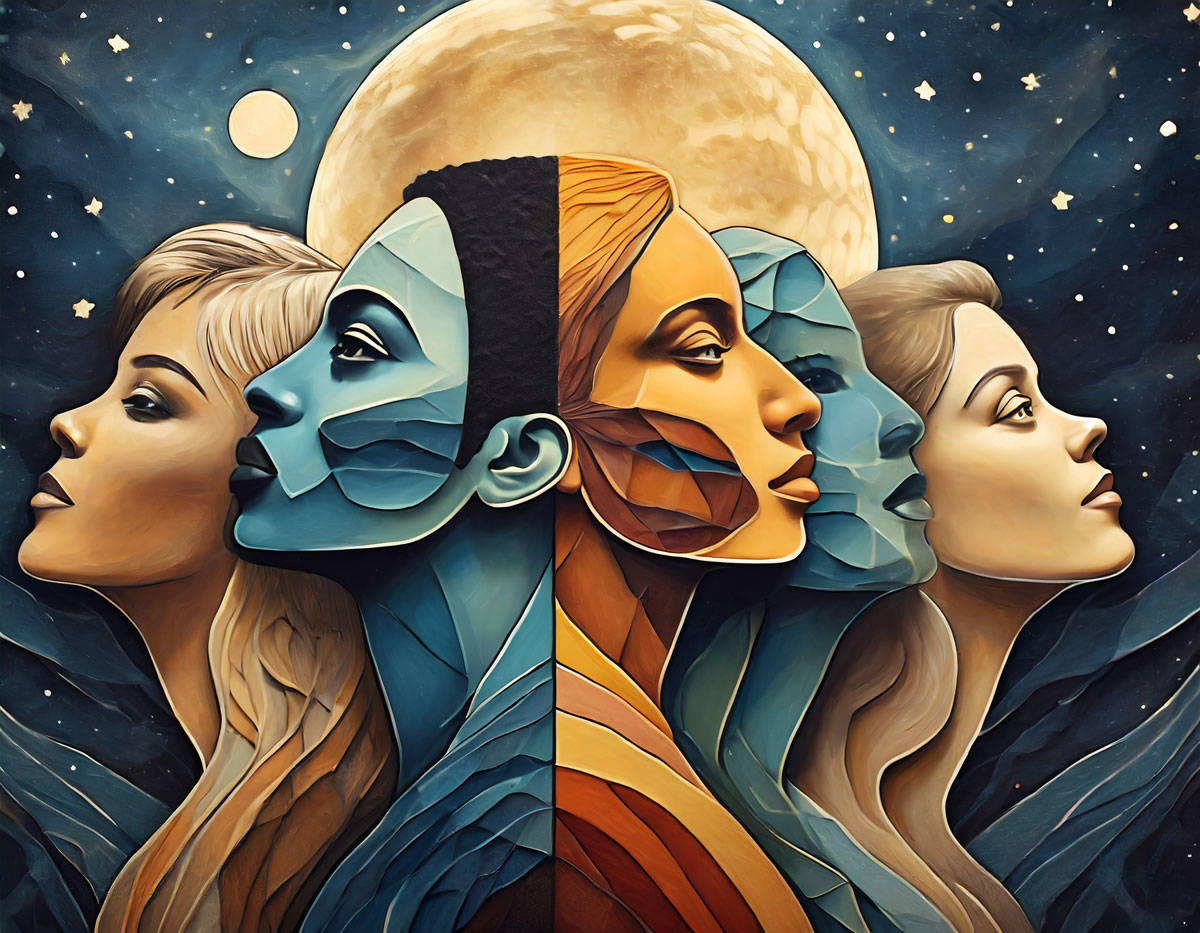

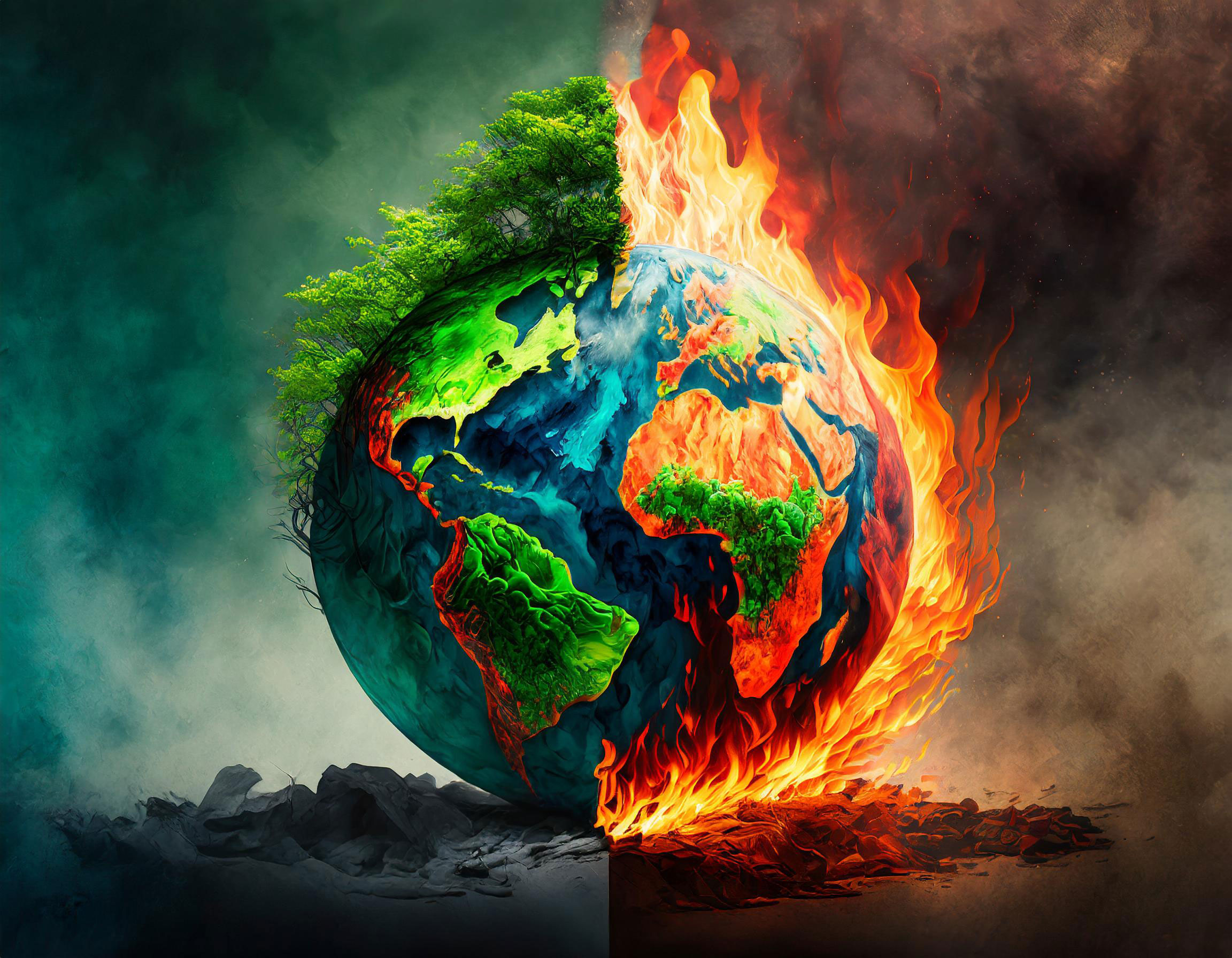

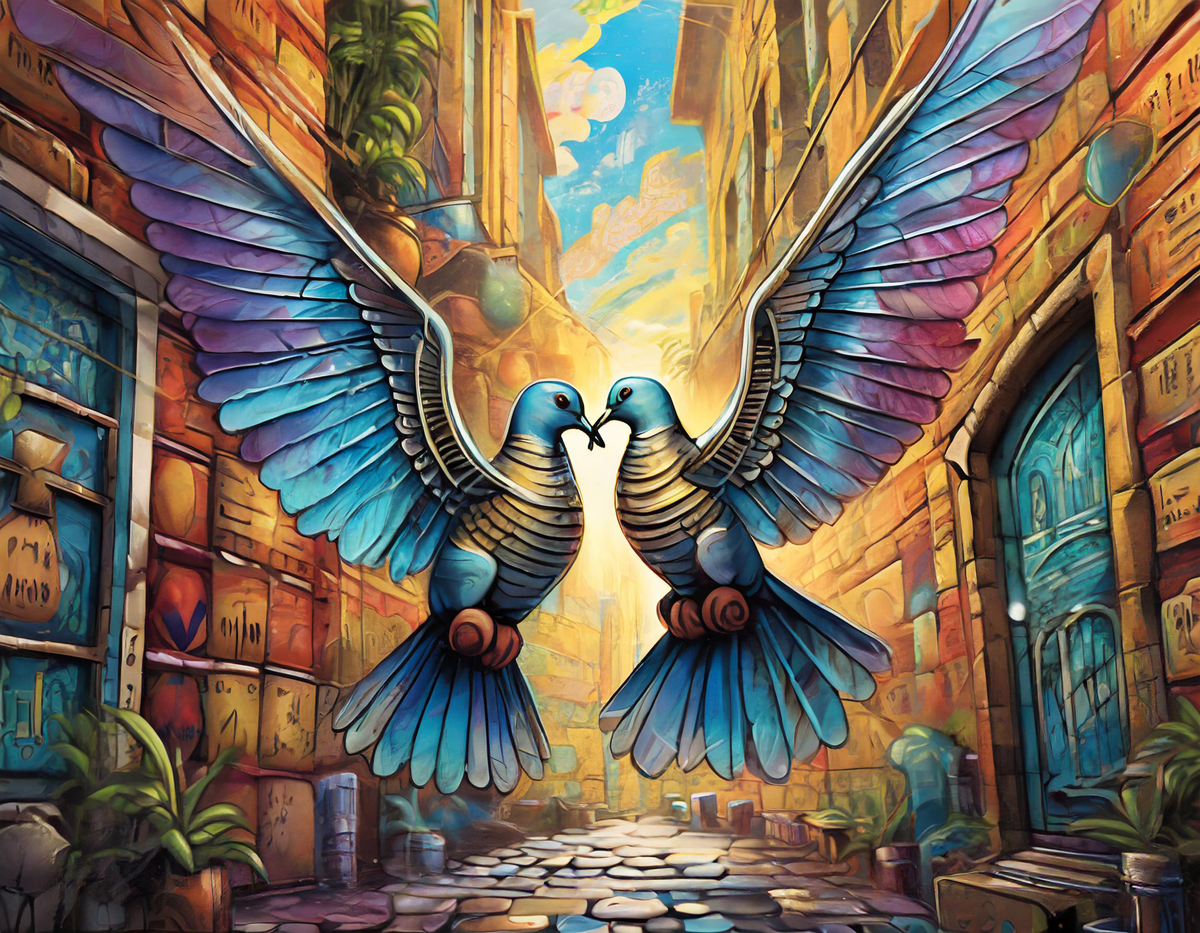
Receive out monthly newsletter and stay up to date with the top stories.
Fake News and Nonspiracies Debunked.
Debunking Myths, Exploring Truths. Discover alternative insights on news, science, and culture, crafted by visionary minds. Join us for a journey beyond the mainstream.
Sign up our newsletter to get update information, news and free insight.